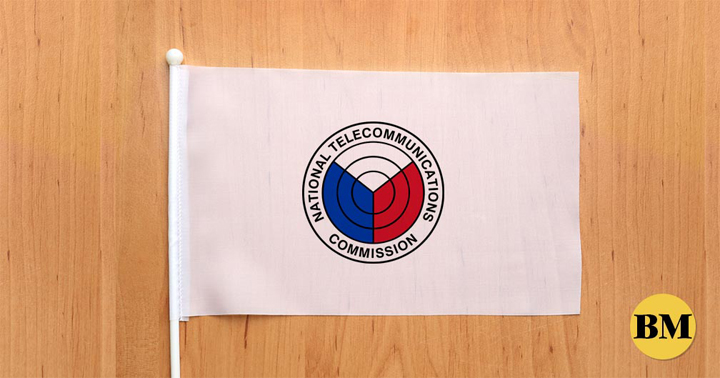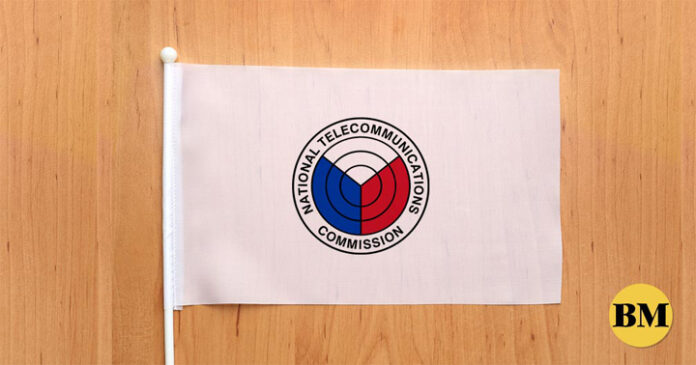
THE National Telecommunications Commission (NTC) has issued show-cause orders (SCOs) against 47 internet service providers (ISPs) that are facing sanctions for their failure to comply with their obligations under Republic Act (RA) 9775.
Companies issued with SCOs include telco giants Philippine Long Distance Telephone Inc., Smart Communications Inc., Globe Telecom, Digitel Mobile Philippines Inc., Bayan Telecommunications, Innove Communications, Sky Cable Corp. Inc., Converge ICT Solutions Inc. and Philippine Telegraph & Telephone Corp.
Justice Secretary Menardo Guevarra on Monday said the President has approved the imposition of sanctions against ISPs for their failure to install a program or software that will block access to or transmittal of any form of child pornography in the internet as mandated under RA 9775 or the Anti-Child Pornography Act of 2009.
Section 9 of RA 9775 also requires ISPs to notify authorities within 7 days from discovery that any form of child pornography is being committed using their servers or facilities; to preserve evidence for purpose of investigation and prosecution; and to furnish particulars of users involved in child porn.
However, the Department of Justice (DOJ) said RA 9775 was passed 11 years ago, but ISPs continue to be remiss in their duties.
“Even with a court order to supply particulars of a user who has accessed child sexual exploitation material (under section 9) ISPs are unable to because they have not installed technology necessary,” DOJ Undersecretary Emmeline Aglipay-Villar said.
In a position paper submitted to the DOJ last year, the Philippine Chamber of Telecom Operators (PCTO) has expressed its commitment to help the government curb online child pornography and sexual abuse in the country.
PCTO is the umbrella organization of duly enfranchised telecommunication entities and ISPs, including telco giants PLDT Inc. and Globe Telecom.
It said its members have been closely coordinating with the NTC and law enforcement agencies, such as the Philippine National Police (PNP) and the National Bureau of Investigation (NBI), in blocking child pornographic sites.
PCTO member Globe Telecom has blocked a total of 2,521 sites that have been identified by the NTC and law enforcement agencies. The Ayala-owned telco said it invested in a software filtering system worth $2.7 million to support its “PlayItRight” campaign targeting illegal or pirated content and online child pornography.
Meanwhile, PCTO urged the DOJ to consider amending Section 9 of RA 9775 which it said contained conflicting provisions.
Section 9 requires ISPs to monitor the content passing through their servers and report to authorities any internet address which may contain any form of child pornography.
It also provides that “nothing in this section may be construed to require an ISP to engage in the monitoring of any user, subscriber or customer, of the content of any communication of such person.”
This, according to PCTO, in effect nullifies and prevents ISPs from performing the duties imposed under Section 9.
PCTO likewise pointed out that RA 10173 or the Data Privacy Act of 2012 imposes strict privacy responsibilities on entities that collect or process personal information of customers, which contradicts the duties imposed on ISPs under RA 9775.
Aside from imposing obligations on the ISPs, Villar said the justice department would also want tourism-oriented establishments to take an active role in the fight against child trafficking and sexual exploitation.
Villar said under the amended RA 9208 or the Anti-Trafficking in Persons Act of 2003, it is the responsibility of tourism-oriented establishments including hotels, resorts, inns, motels and other similar facilities to inform the PNP and the NBI within 7 days from the time it obtained the facts and circumstances of a child trafficking, child pornography, or if there is an incident of a child being sexually exploited or being committed in their premises.
She said the Inter-Agency Council Against Trafficking (IACAT) would issue a model or uniform notice that can be downloaded from its website and can be used by the tourism-oriented establishments. The notice would be posted in conspicuous areas and would show the contact details of human trafficking hotlines, for both local and national areas.
These tourism-oriented establishments would also have to train their employees, who are likely to interact with victims of human trafficking, to recognize the signs of human trafficking and report it to the proper law enforcement agency.
The IACAT shall develop a training curriculum or program and make it available for download on its web site.
Read full article on BusinessMirror

